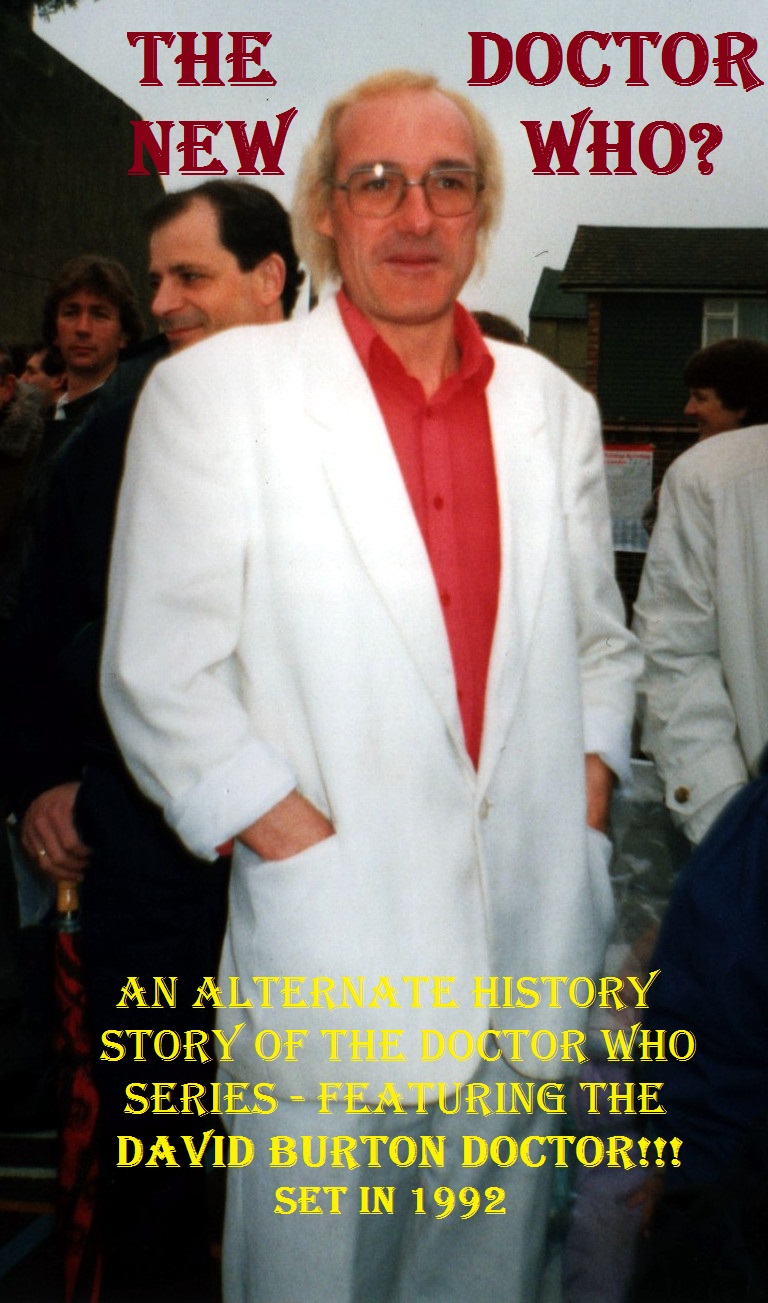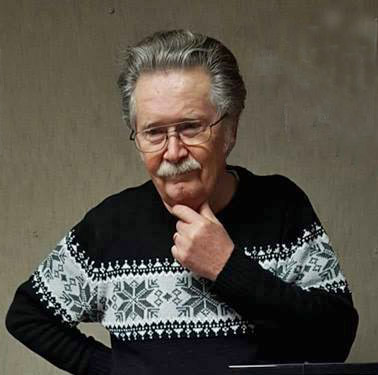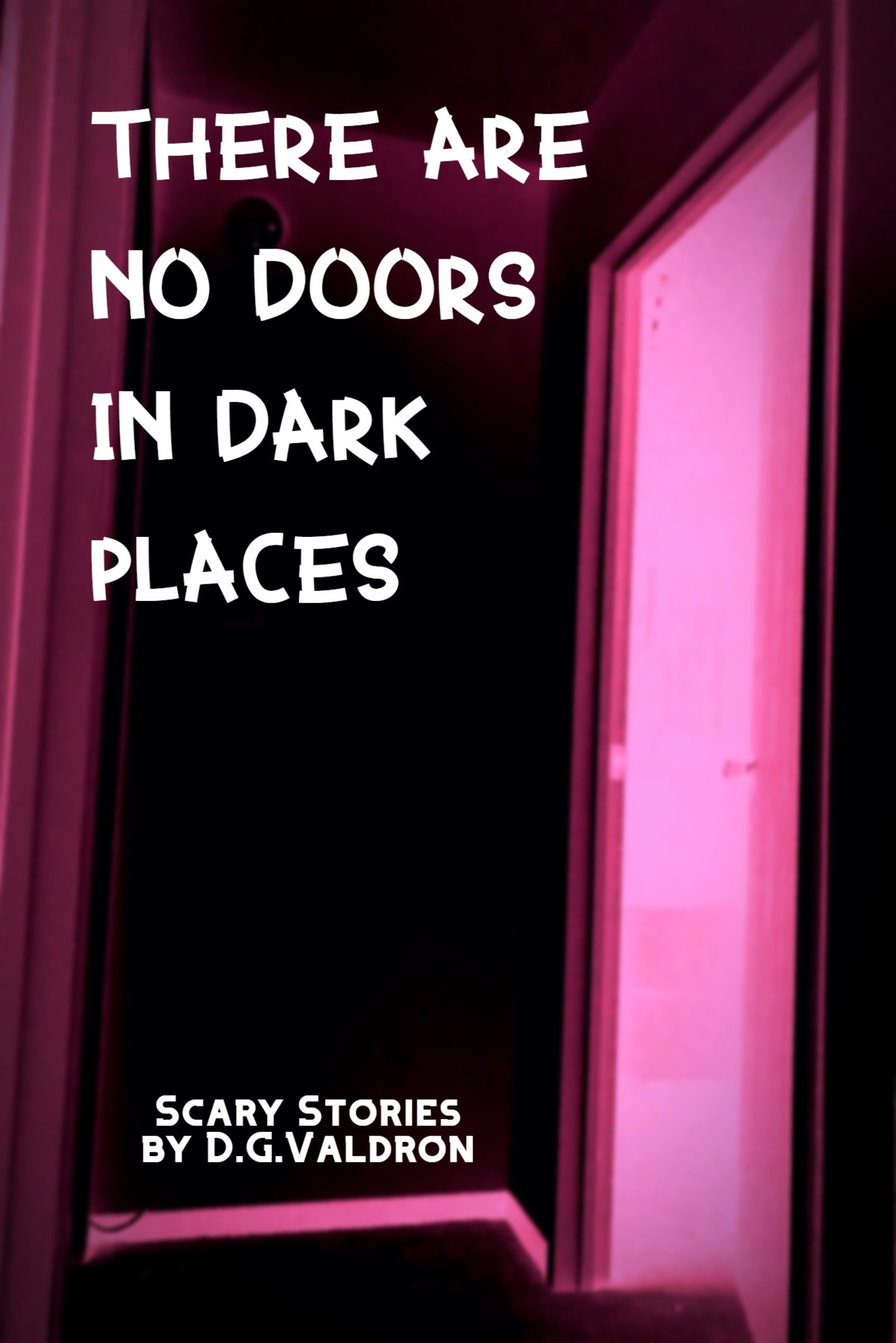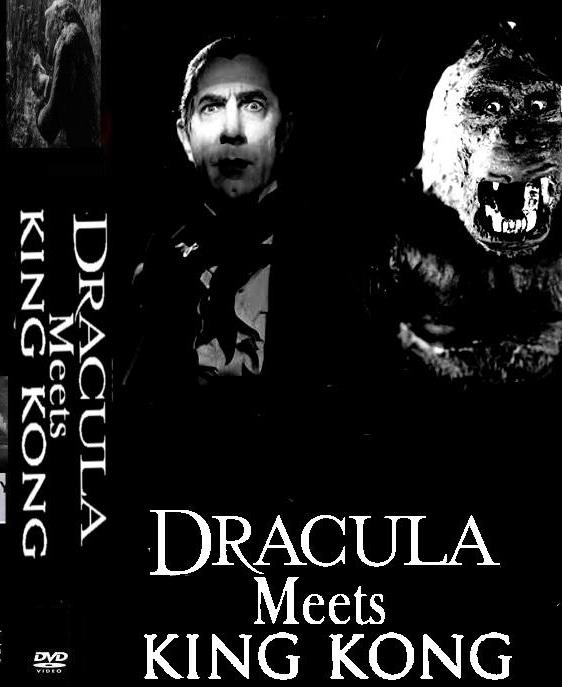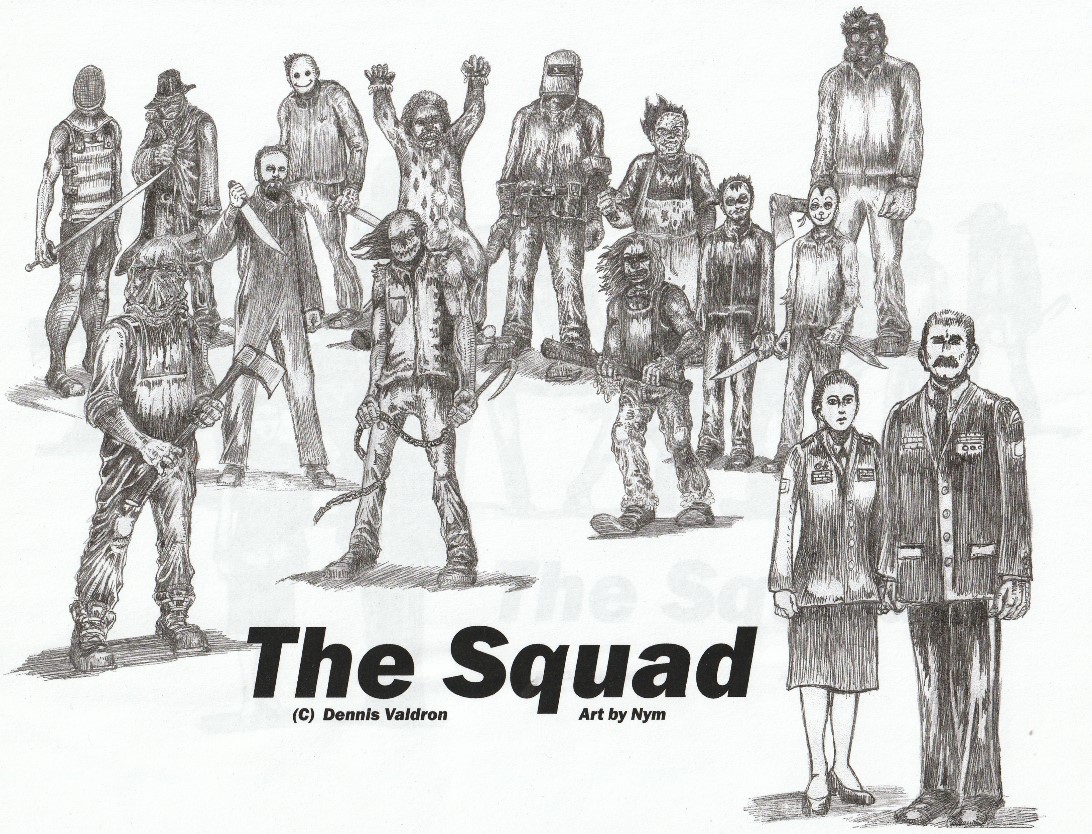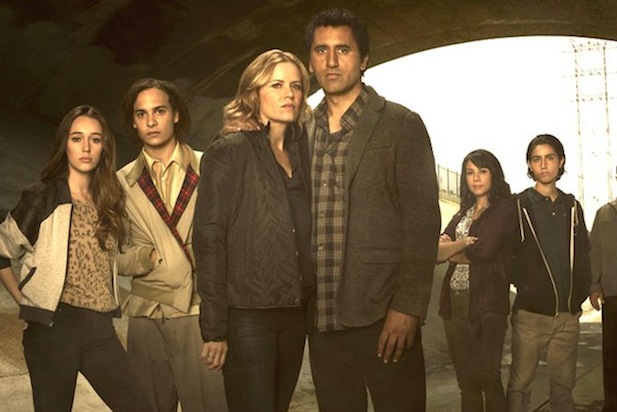The review came in finally, with The Luck, my second entry into the Booklife Contest. Just to recap, it’s a legit contest. All the entries get a professional review, which you can use, or bury forever in a lead lined vault, depending on how the review turns out. Some of them are pretty scathing, I gather, looking at previous comments (complaints). After the initial round there’s the quarterly finals, the semi-finals, the finals and then a First prize of $5000.00. My first entry, The Princess of Asylum, has made it into the quarter finals.
Plot: Valdron’s The Luck is a sequel/prequel to The Mermaid’s Tale, but it succeeds as a stand-alone title. Valdron’s complex, well-woven work of fantasy immediately thrusts readers into a detailed world occupied by a menagerie of beings living at odds with, and in suspicion of, one another.
Prose: Valdron’s writing is immersive and colorful, providing a a fine blend of descriptive worldbuilding, exposition, and dialogue that lifts the storytelling.
Originality: The world of The Luck is filled by familiar beings, but provides freshness in the dynamics between these occupants and communities in conflict, as well as its mystery element. The journey of an orc and her unlikely gnome companion, is a rich and enjoyable one.
Character/Execution: Valdron’s protagonist is immensely intriguing. Her identity is slow to emerge and readers expecting a quick moving fantasy may grow frustrated. Those willing to invest in her and other creaturely characters’ story arcs, will be deeply rewarded.
Score:
- Plot/Idea: 8
- Originality: 8
- Prose: 8
- Character/Execution: 9
- Overall: 8.25
You are welcome to use this Critic’s Report as promotional copy or as a blurb to promote your book. Please note: When attributing quotes from this Critic’s Report, you must credit The BookLife Prize.


